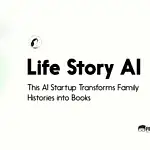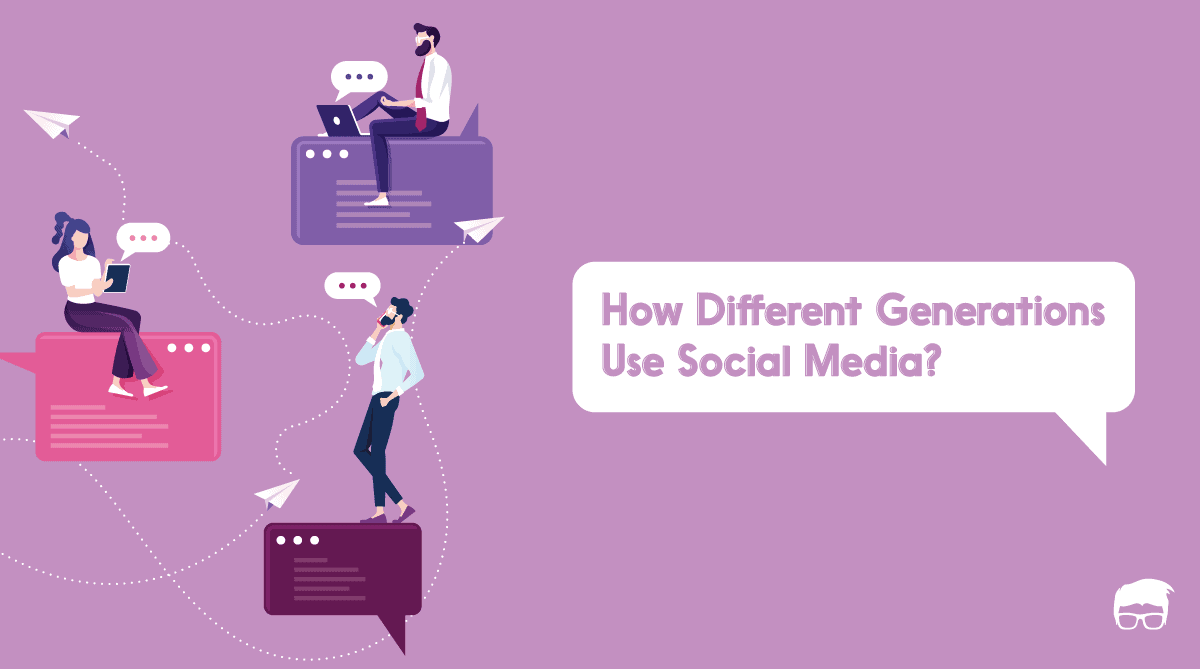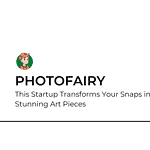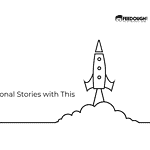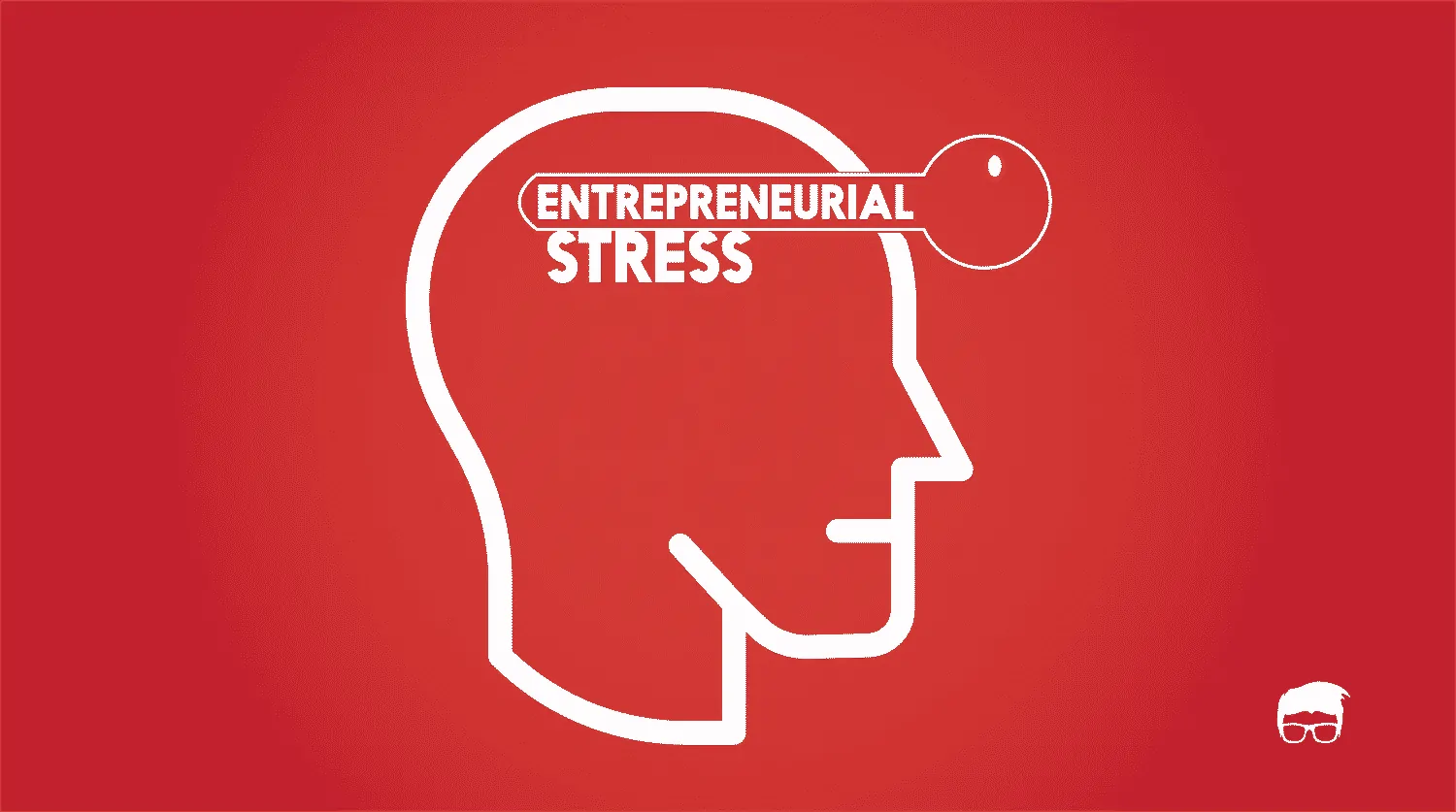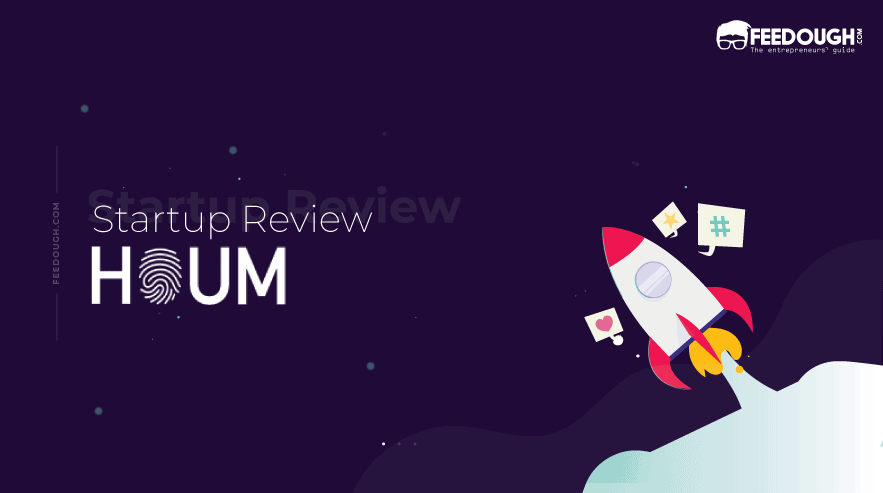Family memories fading, stories lost, and traditions at risk—these are real worries in a world where digital noise often drowns out our personal histories. Many families are struggling to keep their past intact, with old photos, scattered recordings, and fading memories.
Right now, people like Matthias are anxious about losing their stories to time, while millennials like Sanya find it tough to organise and share their family’s history in a meaningful way.
Imagine having a tool that not only stores these precious moments but also makes them easy to share and enjoy across generations. LifeTimes is turning this idea into reality with its interactive family tree and smart multimedia storage. This platform helps families capture, preserve, and share their most treasured memories.
We caught up with Anand Dattani, the founder of LifeTimes, to learn more about how this innovative startup is making it easier to keep family histories alive.
What is LifeTimes?
LifeTimes is a platform designed to help families capture, preserve, and share their valuable memories through an interactive family tree. You might find it particularly beneficial if you are part of a family that values legacy and cultural heritage. For instance, if you are a baby boomer like Matthias, you could find peace of mind knowing that your stories would be passed on to your grandchildren. Alternatively, millennials such as Sanya could appreciate this tool as a way to better organise and share the rich histories of both sides of their family.
This startup addresses a significant issue: the loss and fragmentation of family histories. As memories fade and photos become lost, many families struggle to maintain their connections. LifeTimes steps in with a user-friendly digital family tree complemented by AI-enhanced multimedia storage that allows you to record, upload, tag, and share your precious moments.
What distinguishes LifeTimes is not just its multimedia storage, but also its AI capabilities, which automatically transcribe and tag audio recordings. This feature creates a visually appealing timeline that encourages family storytelling while ensuring privacy by allowing users to select who can view each piece of media. By focusing on these personal connections, LifeTimes aims to strengthen intergenerational bonds and keep family histories vibrant and accessible.
LifeTimes Founders
Anand Dattani leads the LifeTimes team, bringing over a decade of experience in Customer Success, Business Development, and Partnerships. His diverse background includes significant roles at Dun & Bradstreet and Deutsche Bank, reflecting a solid foundation in managing complex projects and nurturing client relationships. This expertise in understanding customer needs and bridging gaps between technology and real-world application plays a critical role in shaping LifeTimes’ vision of preserving family memories across generations.
Alongside Anand is Rikesh Parmar, a seasoned professional with over fifteen years in Corporate Development and a knack for Technical Project Management. His experience with Rockspring Property Investment Managers equips the founding team with essential skills in Financial Modelling and Risk Management, ensuring that LifeTimes is not only a compelling offering but also a sound business model.
The startup began to take shape during an introspective moment after Anand’s visit to Uganda with his father. Witnessing the emotional significance of sharing family stories instilled in him the desire to build a platform where such memories could be preserved for future generations. This realisation became a driving force behind LifeTimes, setting it apart from other digital memory solutions.
In the early days, challenges arose when an unexpected loss of contact with a technical co-founder compelled Anand to navigate both design and business development on his own. However, each setback only fortified his resolve. Assembling a dedicated team gradually became a priority, and with each project milestone, he discovered how pivotal communication and vision-sharing were to the team’s cohesion. This hands-on involvement laid the groundwork for a robust framework, where each member could contribute their unique strengths to LifeTimes’ purpose.
The founding team collectively embraced the challenge of creating a solution that would resonate with families seeking to share and preserve their legacies. Drawing on their personal experiences and diverse professional backgrounds, the founders infused LifeTimes with a genuine commitment to making family histories not just accessible but emotionally enriching. Their shared vision is to anchor family bonds in an increasingly fragmented world, leveraging their expertise to offer a platform that transcends generations.
Interview with Anand Dattani, Founder of LifeTimes
I had the opportunity to interview Anand Dattani, the founder of LifeTimes. Here’s what he shared about his startup:
Q: Can you introduce yourself and the company?
A: I am Anand Dattani, Founder of LifeTimes.
Q: Who is your target audience?
A: Our primary audience includes families who value legacy, cultural heritage, and traditions. In the short term, we are focusing on baby boomers like Matthias, who is 48 years old with three children and two grandchildren, and millennials like Sanya, who is 32 years old with dual heritage and plans to have children.
Q: What problem do you aim to solve with LifeTimes?
A: The main issue is the loss and fragmentation of family histories, which undermines family values, cultural traditions, and intergenerational bonds. This disconnection affects individuals’ sense of identity and community, leading to negative impacts on mental health and well-being.
Q: How does LifeTimes address these problems?
A: We offer a user-friendly digital family tree with AI-enhanced multimedia storage. This tool allows users to record, upload, tag, and share their precious memories while ensuring privacy by letting users choose who can view each media file.
Q: Can you tell us about the founding team of LifeTimes?
A: Absolutely! Our team is a mix of experienced professionals who each bring something unique to the table. Anand Dattani has 12 years of experience in Customer Success and Business Development, having worked at Dun & Bradstreet and Deutsche Bank.
Rikesh Parmar brings over 15 years of experience in Corporate Development and Technical Project Management, mainly from Rockspring Property Investment Managers.
Neeraj Pattni is our UX/UI Consultant. With 5 years in Product Design, he’s helped launch an industry-first recruitment platform and a Web3 game.
Kevin Nguyen handles our backend development, specialising in Python and AWS, ensuring our platform is robust and scalable.
Juned Hussein takes care of frontend development and DevOps, focusing on CSS, JavaScript, and React to make our interface seamless and responsive.
Finally, Krishna Kataria has 11 years of experience in CRM and digital marketing from TUI Group, Premier Inn, Mothercare, and Chelsea FC.
Together, we combine our expertise to drive the success of LifeTimes.
Q: What inspired you to build LifeTimes?
A: I was inspired by my personal experiences. I’m London-born to East African Asian parents. In 2018, I visited my father’s village in Uganda for the first time, and I saw how emotionally significant it was for him to recall and share those memories. During the lockdown, I hosted Zoom calls to capture family stories, which strengthened our family bonds and made us appreciate our heritage more. This inspired me to create a platform for others to preserve and share their family memories.
Q: What challenges did you face in the early days of LifeTimes?
A: One significant challenge was losing contact with an early technical co-founder, which forced me to manage both design and business development myself. This period taught me the importance of communication and assigning clear responsibilities, which helped build a strong team and move towards our MVP.
Q: How does LifeTimes stand out from its competitors?
A: LifeTimes has several unique features that set us apart. One of our standout features is our AI-enhanced audio recording and tagging. We use AI to transcribe audio, automatically tagging names, locations, and dates, and even providing conversation prompts to make the experience more interactive.
We also offer personal profiles where users can showcase events in a timeline. This feature makes the app visually appealing and engaging, especially for millennials and Gen-Z who love interactive and dynamic content.
Lastly, our privacy controls are top-notch. Users can create groups and choose who sees each piece of media, giving them complete control over their privacy. These features together make LifeTimes a unique and attractive option in the market.
Q: What are your future plans for LifeTimes?
A: We have several exciting plans for LifeTimes. First, we’re working on an interactive world map that will show where family memories are recorded, adding a geographical touch to your memories.
We’ll be enhancing profile features with sections for featured audio and video, making profiles even more dynamic and personal.
We’re also introducing event creation and invitation features for family gatherings, which will make organising and sharing these moments much easier.
Our AI functionalities will be improved with face recognition and automated video montages, making it simpler to create and share memorable content.
Lastly, we have a long-term plan to integrate will planning, providing a comprehensive tool for preserving and managing family legacies.
Q: Do you have any advice for aspiring entrepreneurs?
A: Get a mentor as soon as possible and create some test designs. Show them to people to see if they understand the features and functionality before developing the product.
Q: Any interesting statistics about your industry you can share?
A: Absolutely:
– 80 million people in the US added to the online family tree database in 2023, making a total of 1.5 billion [FamilySearch].
– 74% of Baby Boomers say it’s important to leave behind their stories and memories for descendants [AARP].
– 50% of adults under 40 are interested in family history (Pew Research Center).
– Stories heard in a person’s own voice can be up to 22% more memorable than those read in text.
– A person develops dementia every three seconds.
Feedough’s Take on LifeTimes
LifeTimes is well-positioned to play a crucial role in how we preserve and cherish family memories. By seamlessly blending technology with the need to capture and share family stories, this platform could quite possibly set a new standard in the digital heritage field. Its intuitive use of AI enhances user engagement without sacrificing the personal touch that stories from our loved ones carry. Given the increasing challenge of keeping generational bonds tight in our fast-paced world, LifeTimes offers not just a service but a meaningful solution. Moving forward, the key will be to maintain simplicity while integrating more advanced features like the proposed world map and event functionalities. As families increasingly look for ways to hold on to their past, LifeTimes stands ready to meet this need with innovation and sensitivity. We should expect this platform to not only grow but also inspire new standards in the sharing of family histories.
A startup consultant, digital marketer, traveller, and philomath. Aashish has worked with over 20 startups and successfully helped them ideate, raise money, and succeed. When not working, he can be found hiking, camping, and stargazing.

